Focus Your Search
Click on the tabs below to guide your initial search. Use filters to expand or scale down the results for each category.

Click on the tabs below to guide your initial search. Use filters to expand or scale down the results for each category.

Franklin D. Roosevelt, "The Great Communicator," The Master Speech Files, 1898, 1910-1945, Series 2
Franklin Delano Roosevelt began his first presidential term riding a tidal wave of public support. In the 1932 election, he crushed Herbert Hoover and carried the Democrats to a solid majority in Congress. Following his inauguration, legislators gave Roosevelt unprecedented authority to remake the American presidency. The simultaneous rise in popularity of radio and FDR's political fortune is an interesting historical twist of fate. Radio brought news alive, but left people free to create images in their imaginations. FDR's distinctive voice and jollity flowed into people's homes. His disability was invisible. Radio helped make this possible. Through this means of mass communication, FDR could convey his ideas effectively, sitting in his estate in Hyde Park, New York, or in the White House. Because FDR was such a masterful communicator, he was able to use his speeches, press conferences, and radio broadcasts, to shape American history. Evidence of FDR's successful use of the spoken word is widespread. The power of his "Day of Infamy" speech led the nation to unite behind the President's call to war, and his fireside chats gained him support from the people for innovative and controversial social programs. The other was his relationship with the public. As with any successful politician, FDR's power came from the people. Radio provided him with a direct link to his voting public and the next generation of voters. His use of radio helped him win people's hearts. Historians still debate FDR's true significance in history--saint or manipulator, or somewhere in between. However, Franklin Roosevelt was the Great Communicator, and his impact on America resonates even today.
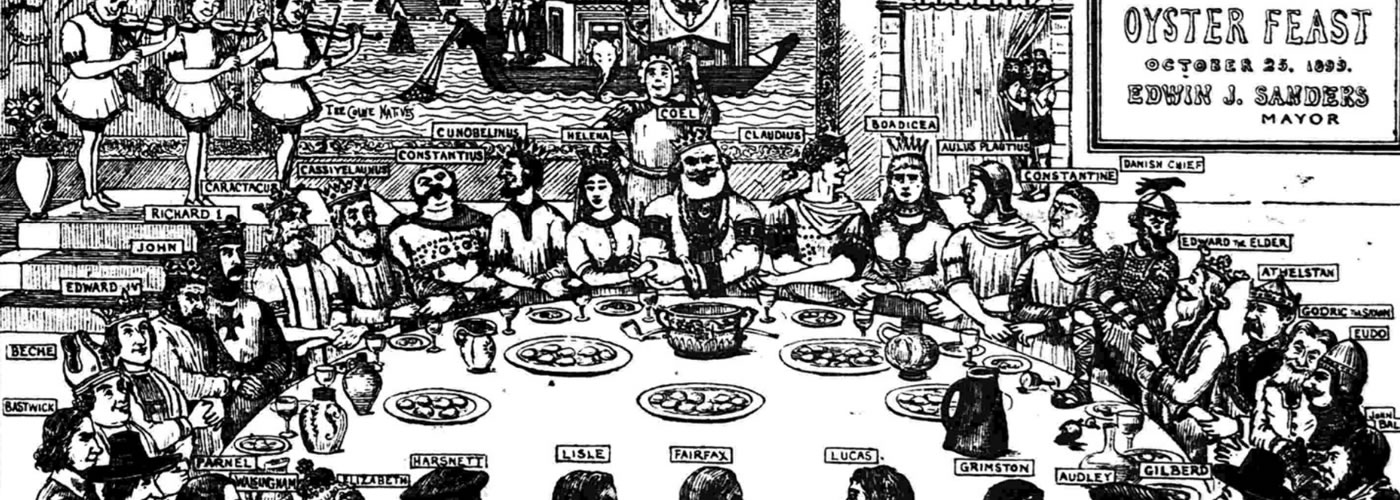
British Library Newspapers, Part II: 1800-1900
This collection contains 22 regional and local newspapers that widen the geographic and political range of the British Library Newspapers series.
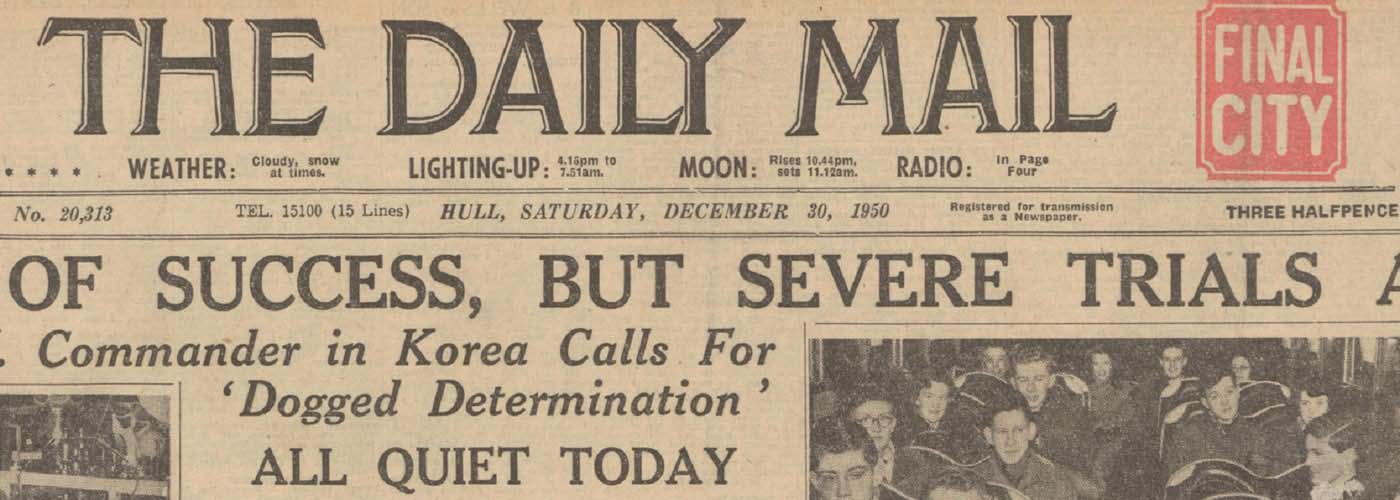
British Library Newspapers, Part III: 1741-1950
Part III adds even more regional and local depth to the British Library Newspaper series, encompassing powerful provincial news journals, local interest publications, and specialist titles.
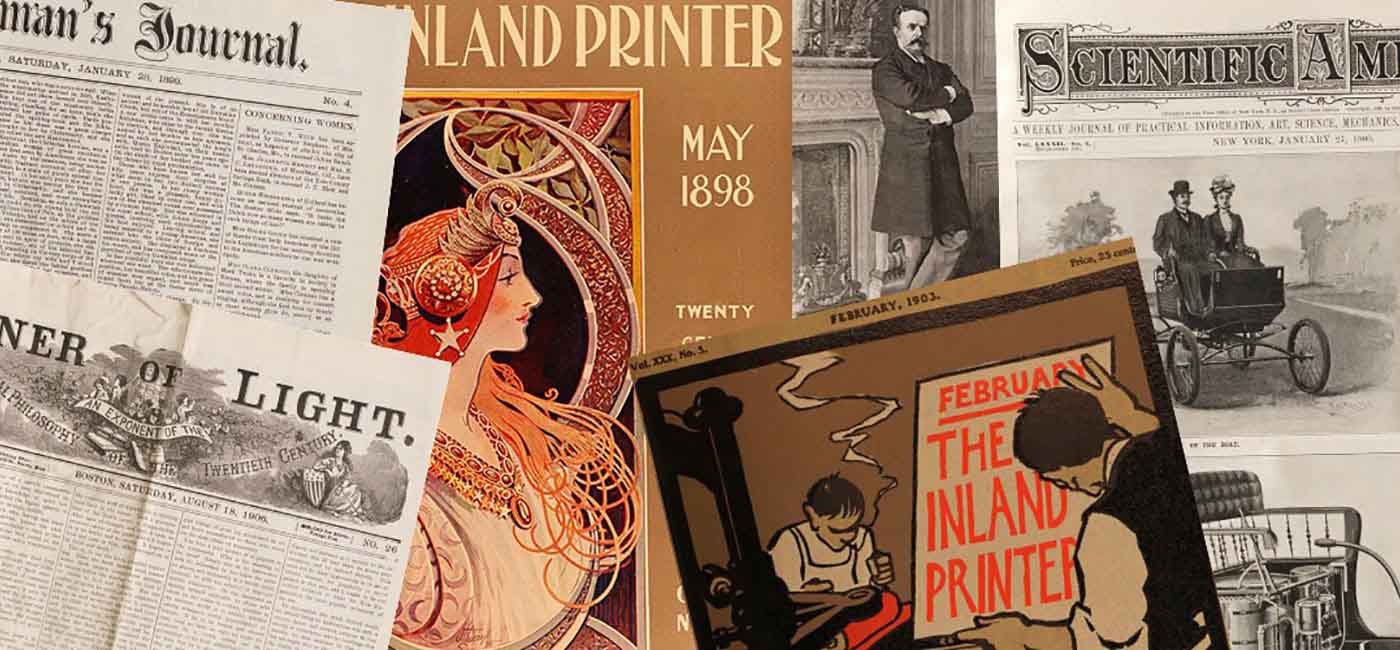
American Historical Periodicals From the American Antiquarian Society, Part I-V
Available at no cost to Gale Primary Sources customers American Historical Periodicals from the American Antiquarian Society, Part I-V offers a highly comprehensive documentary history of the American experience spanning four centuries with multiple perspectives on the thought, culture, and society of North America. These periodicals present history through the eyes of those who experienced it, showing its impact on citizens from all walks of life.

Smithsonian Collections Online: Air & Space and Smithsonian Magazine Archive
This collection brings together Smithsonian Magazine and Air & Space Magazine for the first time in a combined and fully-searchable digital archive. Together, the complete history of both of these premier publications represent decades of in-depth and expert coverage of high-demand topics and unique insights into aviation, space, innovation, science, technology, the arts, and culture, all of which is accessible in an integrated, intuitive display.
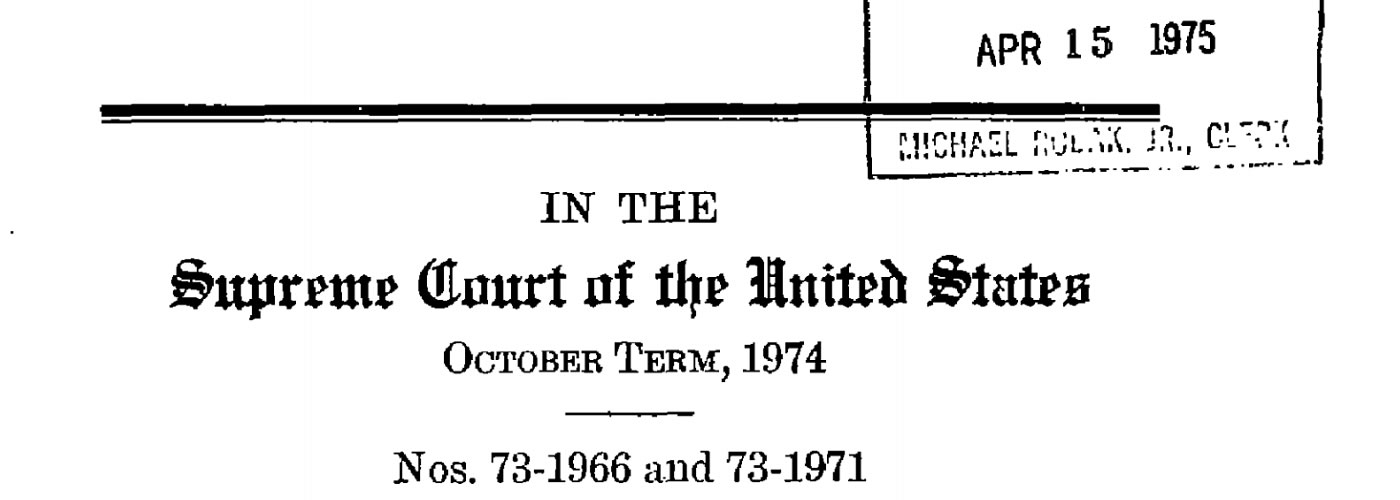
The Making of Modern Law: U.S. Supreme Court Records and Briefs, 1832-1978
Researchers will find coverage of the most-studied cases, including many that resulted in landmark decisions. This collection provides transcripts, applications for review, motions, petitions, and other official papers brought before the highest court in the United States. It also includes information from cases that were denied certiorari.

1945-1959 was a period of change and turbulence in the Republic of Paraguay (República del Paraguay). Covering primarily the early Cold War documents, this collection gives researchers a unique insight into American foreign policy during one of its most stressful periods in international relations. After World War II, with only two superpowers vying for influence, access, and control, the United States looked to its state department to provide detailed analyses and insight into political affairs. As such these records are bound to be of great interest to diplomatic historians and historians studying these countries, seeking to understand American foreign affairs during this period.

Spanning the presidencies of Juan Antonio Ríos (1942–1946), Gabriel González Videla (1946–1952), Carlos Ibáñez (1952–1958), and Jorge Alessandri (1958–1964), this collection provides a history of the political relationship between the United States and Chile from the post-World War II era into the early years of the Cold War. The span of years covered by this collection represent the middle of Chile’s history as a Presidential Republic (1925-1973). Publications relating to political relations between the United States and other states generally include cables, memoranda, and correspondence addressing the political affairs and concerns affecting the particular state. Covering primarily the early Cold War documents, this collection gives researchers a unique insight into American foreign policy during one of its most stressful periods in international relations. After World War II, with only two superpowers vying for influence, access, and control, the United States looked to its state department to provide detailed analyses and insight into political affairs. As such these records are bound to be of great interest to diplomatic historians and historians studying these countries, seeking to understand American foreign affairs during this period.

Arguably, Venezuela’s 20th century history has been most notably impacted by the discovery and exploitation of its petroleum reserves. Foreign investment in development of the oil fields led to great wealth for foreign investors, the Venezuelan government, and those individuals to whom the government granted concessions. Publications relating to political relations between the United States and other states generally include cables, memoranda, and correspondence addressing the political affairs and concerns affecting the particular state. Covering primarily the early Cold War documents, this collection gives researchers a unique insight into American foreign policy during one of its most stressful periods in international relations. After World War II, with only two superpowers vying for influence, access, and control, the United States looked to its state department to provide detailed analyses and insight into political affairs. As such these records are bound to be of great interest to diplomatic historians and historians studying these countries, seeking to understand American foreign affairs during this period.

Henry Lewis Stimson Papers, 1846-1966
The October 20, 1950 death of Henry Lewis Stimson (1867-1950) marked the end of an extraordinarily long career of public service. A Republican, Stimson served as Secretary of War under William H. Taft (1911-1913), Secretary of State under Herbert Hoover (1929-1933), and Secretary of War under Franklin D. Roosevelt and Harry S. Truman (1940-1945). Stimson, an early proponent of military preparedness, fought in World War I, headed a special electoral mission to Nicaragua in 1927, served as Governor General of the Philippines from 1927-1929, and was an active public commentator and informal advisor on foreign affairs during the building international crisis of the 1930s and after World War II. The papers consist of correspondence, letter books, speeches, articles, letters to the editor, statements prepared for presentation to Congress and substantial subject files with clippings, printed matter, reports, memoranda and photographs related to Henry Stimson's various public offices.

This collection documents the development of America's Vietnam policy, between the Taylor Mission in 1961 and the first assessment of the situation in Vietnam since the introduction of combat troops in 1966. The collection consists of notebooks and briefing books, reports, transcripts of hearings, memoranda of conversation, chronologies of official State Department visits, and requests for information from officials such as Ambassador Henry Cabot Lodge and Secretary of State Dean Rusk.

Diaries of Henry Lewis Stimson, 1909-1945
The Henry Lewis Stimson diaries, spanning the years 1909-45, cover a long public career and offer scholars an invaluable historical source. Stimson began keeping the diaries in 1909 when he was forty-two years old. Characteristically, he made a conscious decision at that time to keep a full record of his public life, and the diary was maintained down to his last day in public office on September 21, 1945. Although the diaries are full of strongly expressed views on people, issues, and events, many statements are veiled or guarded, and revelations of the private man are few and inadvertent. As a political document, however, and as a political testament the diaries stand as a significant personal account of the career of an American statesman of the first rank.

James Dombrowski was a southern white Methodist minister and intellectual who was active in the African American civil rights movement from the 1940s through 1960s. This collection consists of his correspondence and papers as leader of the Southern Conference for Human Welfare, 1941-1948, and executive director of the Southern Conference Educational Fund, 1948-1966. These interracial civil rights organizations were instrumental in laying the groundwork for the success of the 1960s Civil Rights Movement.
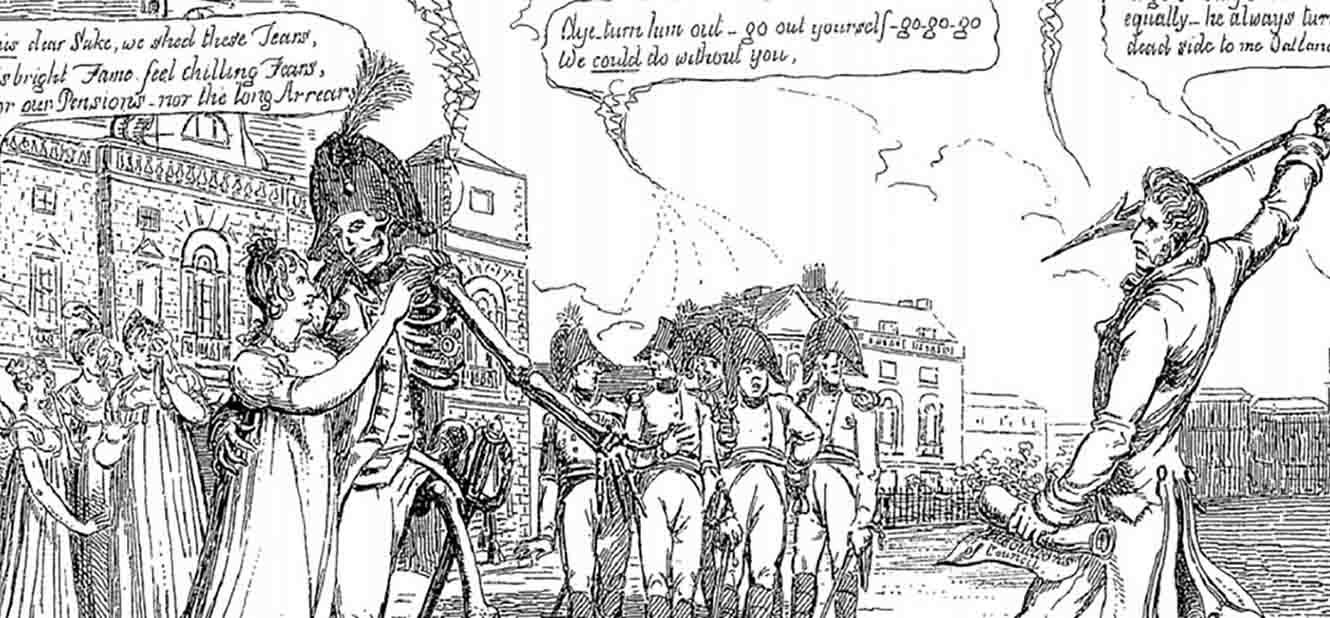
The Making of the Modern World, Part I: The Goldsmiths'-Kress Collection, 1450-1850 is a core resource for scholars and students, both for its successive editions of works by preeminent thinkers and for its wealth of rare source materials covering the experience and consequences of world trade, exploration and colonization of the New World, the Industrial Revolution, and the development of modern capitalism.
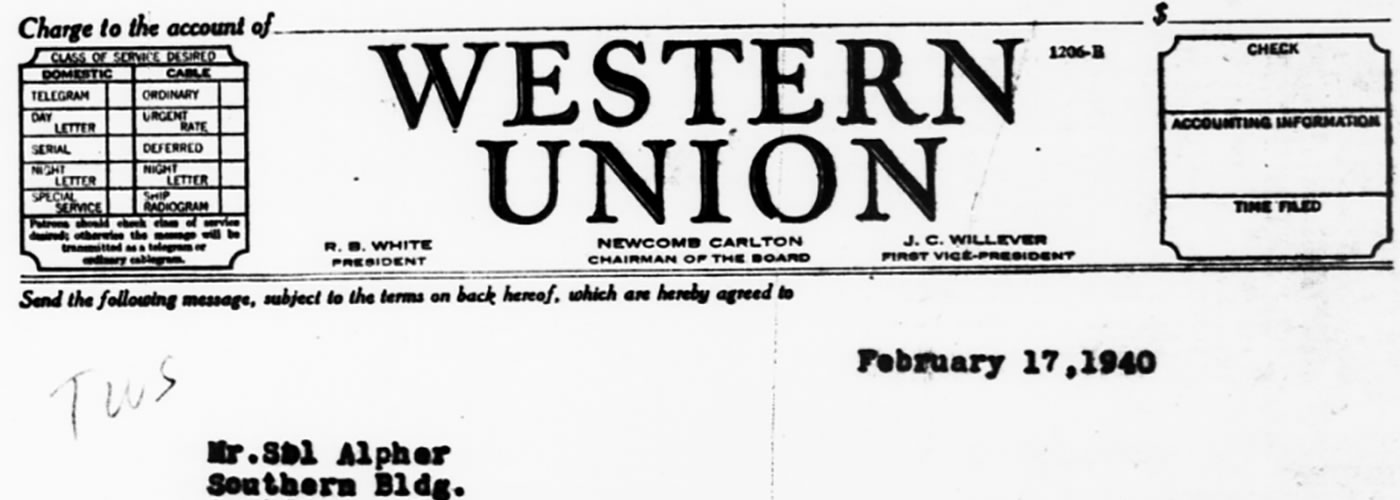
The Making of Modern Law: American Civil Liberties Union Papers, Part I: 1912-1990
The Making of Modern Law: American Civil Liberties Union Papers, Part I: 1912-1990, spans most of the 20th century. it focuses on civil rights, civil liberties, race, gender, and issues relating to the U.S. Supreme Court. The relevance of the collection to today’s curriculum and to current debates at both national and local levels serve many research needs.

Records of the Deutsche Ausland-Institut, Stuttgart: Records on Resettlement
This collection includes Nazi records on resettlement kept or collected by the Deutsches Ausland-Institut (German Foreign Institute, DAI), Stuttgart, seized from the Axis Powers during and after WWII. These records are most valuable in documenting the implementation and modification of National Socialist race doctrine. Included are records of resettlement negotiations and agreements with the Russians, Rumanians, and Italians and records describing the treatment and attitudes of all kinds of resettlers. In addition the collection throws light on the conflict between diverse SS agencies as well as between the SS and other agencies of Party and State. In fact, it documents nearly all aspects of resettlement, not least through the untranslatable language in which this project in demographic engineering was conducted.

Papers of American Missionaries to Asia: Jay C. and Lucile C. Oliver and YMCA China, 1905-1979
Collection comprises papers of American missionaries to China, Jay C. and Lucile C. Oliver, including family and professional correspondence, personal and travel diaries, and official records of the Y.M.C.A and the Salt Inspectorate in China. Jay Charles Oliver (b. 1886) served as Y.M.C.A. secretary in Hangchow and Shanghai, China from 1917 to 1943, and as district inspector, Inspectorate of Salt Revenue in China, from 1934 to 1936. He was interned in Chapei Civil Assembly Center near Shanghai, repatriated on the Gripsholm, and returned to the U.S. with his wife Lucile Priscilla Cummings Oliver, in 1943.

The Minority Voter, Election of 1936 and the Good Neighbor League
This collection is designed as a case study of minority involvement in a presidential election campaign, using the 1936 Democratic Campaign as a model. The 1936 election provides an excellent example partly because of the availability of manuscript material on the Good Neighbor League, a vital force in helping make minorities part of the Roosevelt coalition in 1936. Bringing together such a coalition was not a chance occurrence, but a well-planned political move whose basic premise was the New Deal legislative program. Minorities proved by their participation that they would be a significant influence in elections to come.

Witchcraft in Europe and America
The earliest texts in this comprehensive collection on witchcraft date from the 15th century and the latest are from the early 20th century. The majority of the material concerns the 16th to 18th centuries, the so-called "classic period." In addition to these classic texts, the collection includes anti-persecution writings, works by penologists, legal and church documents, exposés of persecutions, and philosophical writings and transcripts of trials and exorcisms.

Nicaragua: Records of the U.S. Department of State, 1960-1963
The documents in this archive trace developments primarily during the administration of President John F. Kennedy. For example, there are reports on commerce abound, including memoranda from the embassy in Managua on total sugar production estimates that may enter the United States. Memoranda on social welfare include: a survey of government-sponsored social welfare organizations, as well as details on the National Social Assistance Lotter and the National Committee for the Anti-Tuberculosis Campaign. From the embassy at San José (Costa Rica) various items are included, such as: “Central America Common Market Meetings Completed”; “Pure Oil Company Not ‘In’ Oil Refinery Deal”; and “Tripartite Treaty of Commerce” [between Costa Rica, Panama, and Nicaragua] “Goes into Effect” (August 1962).